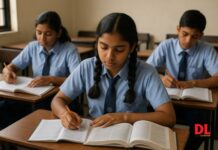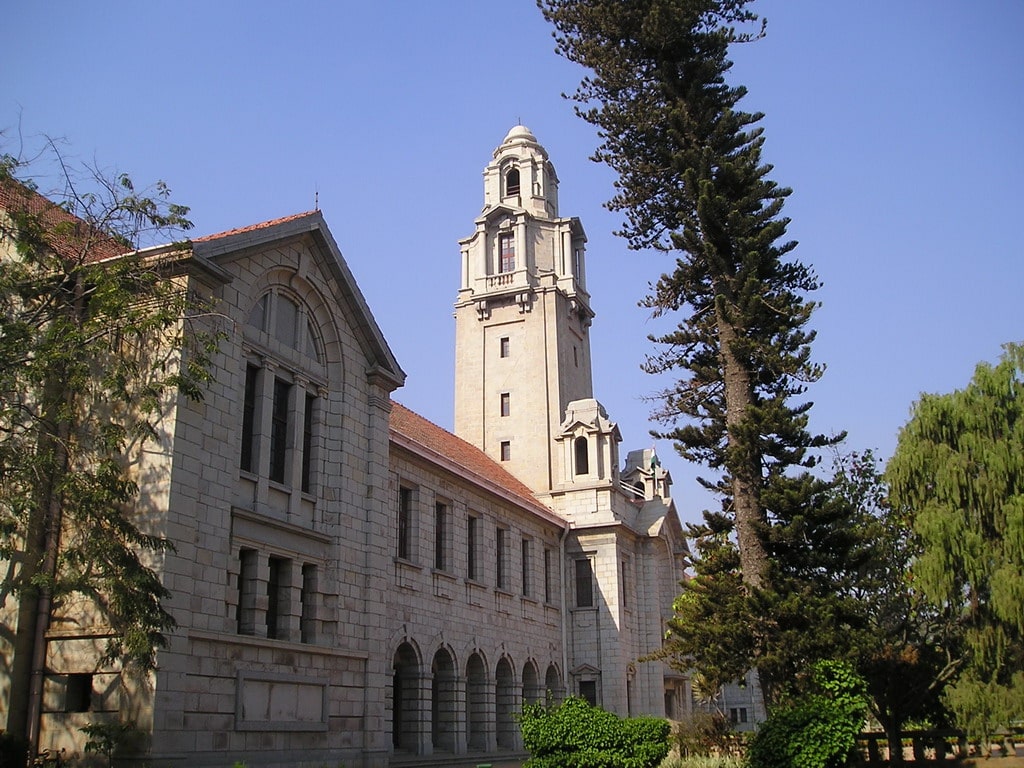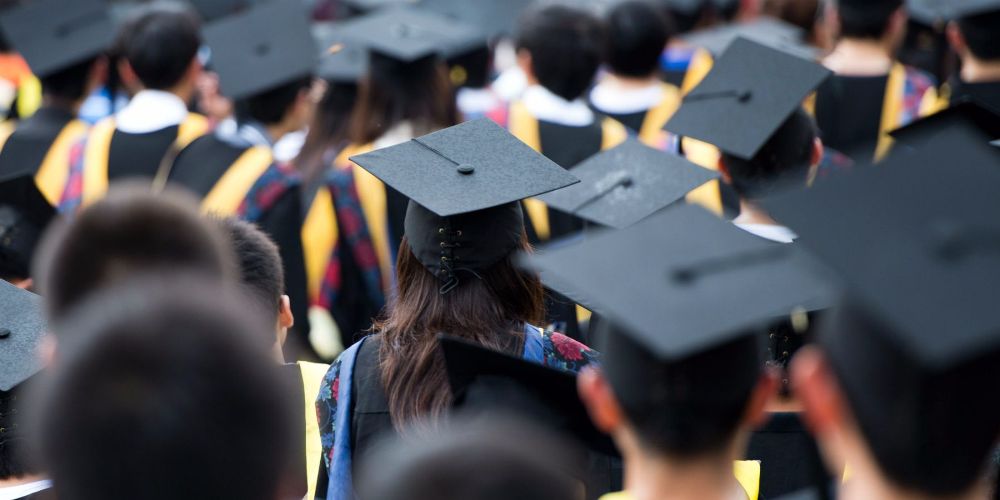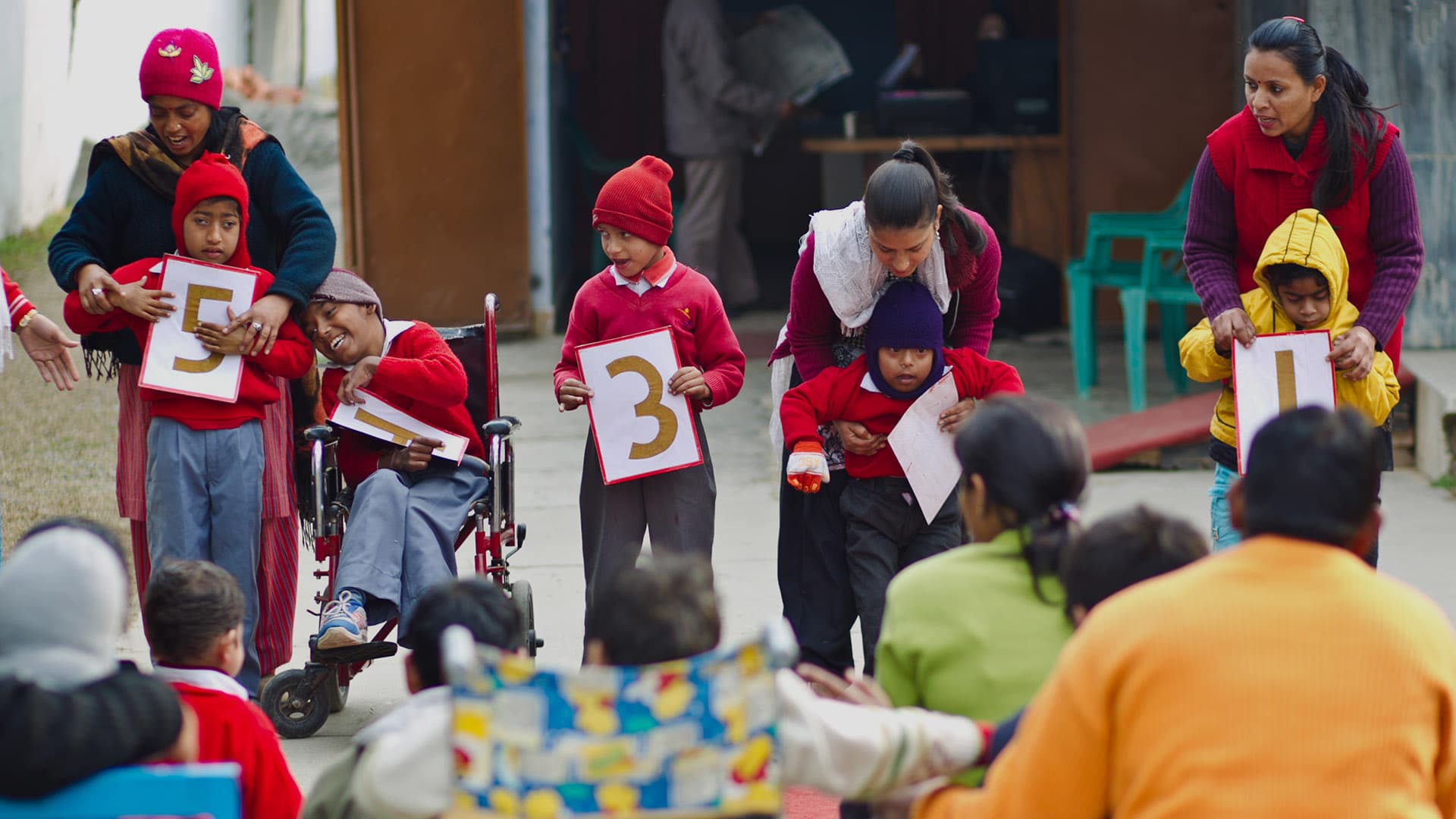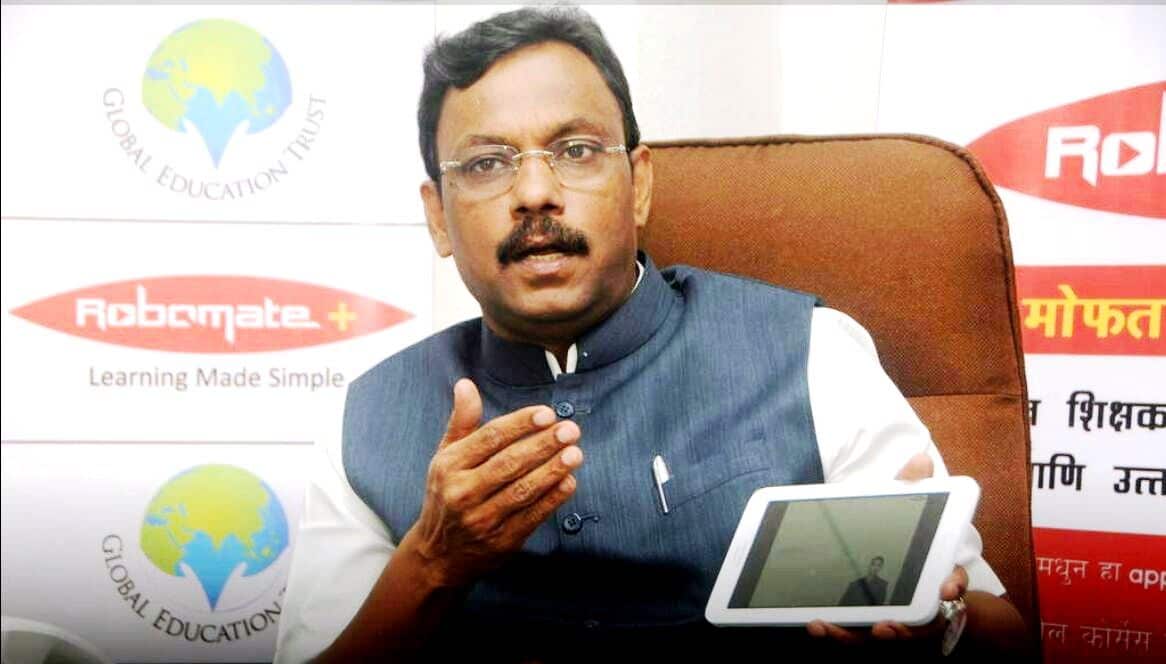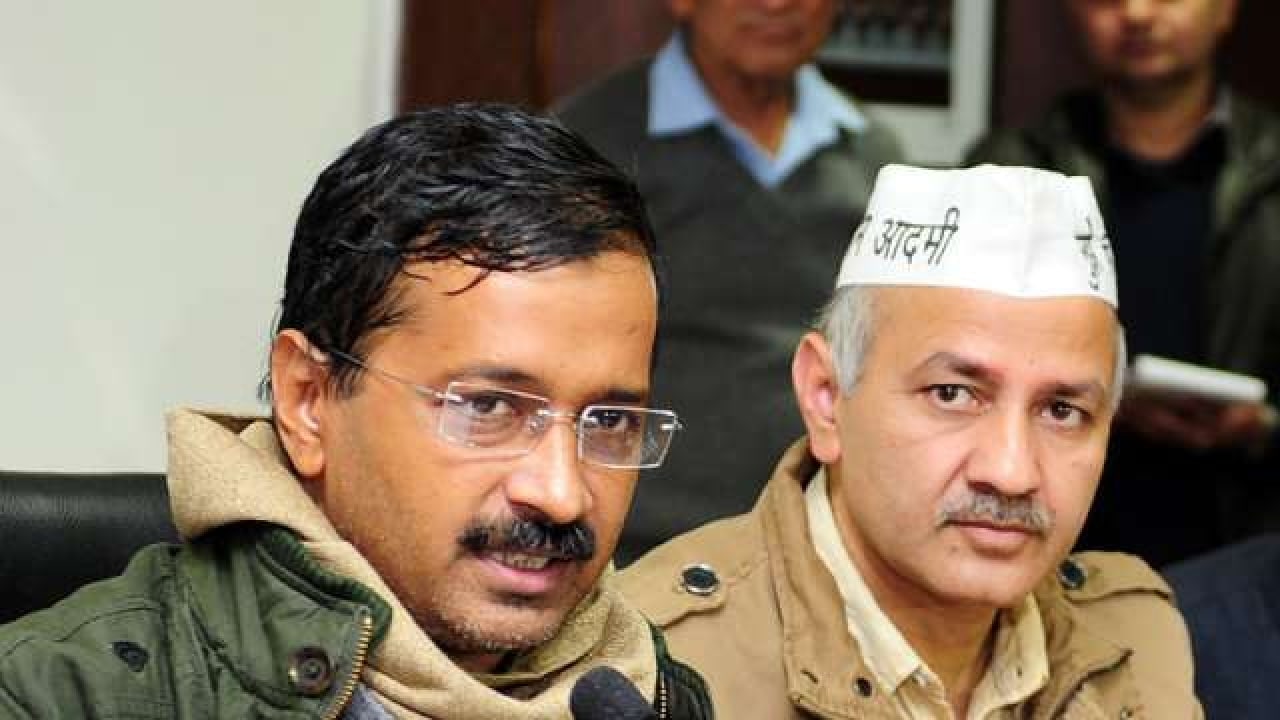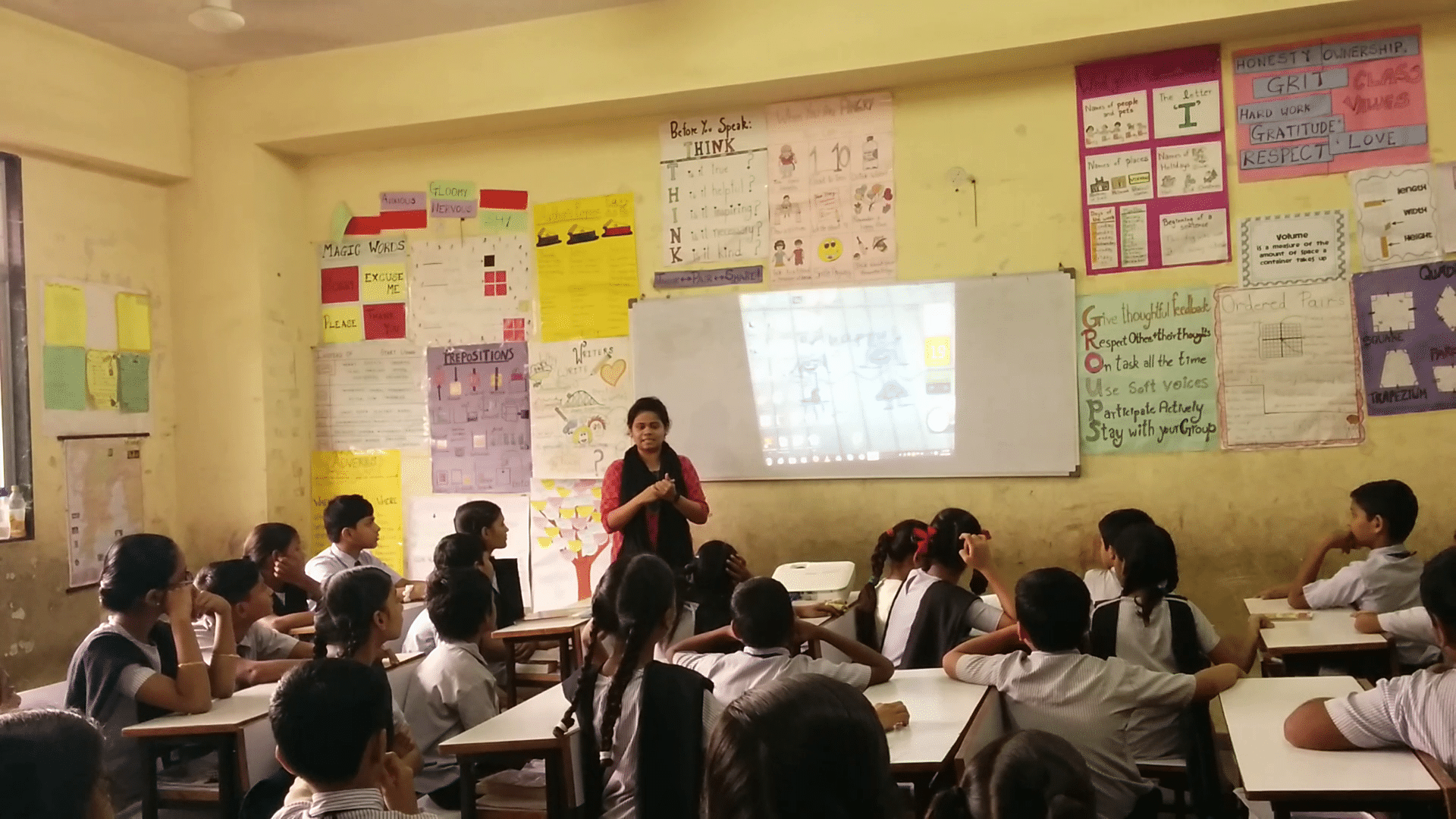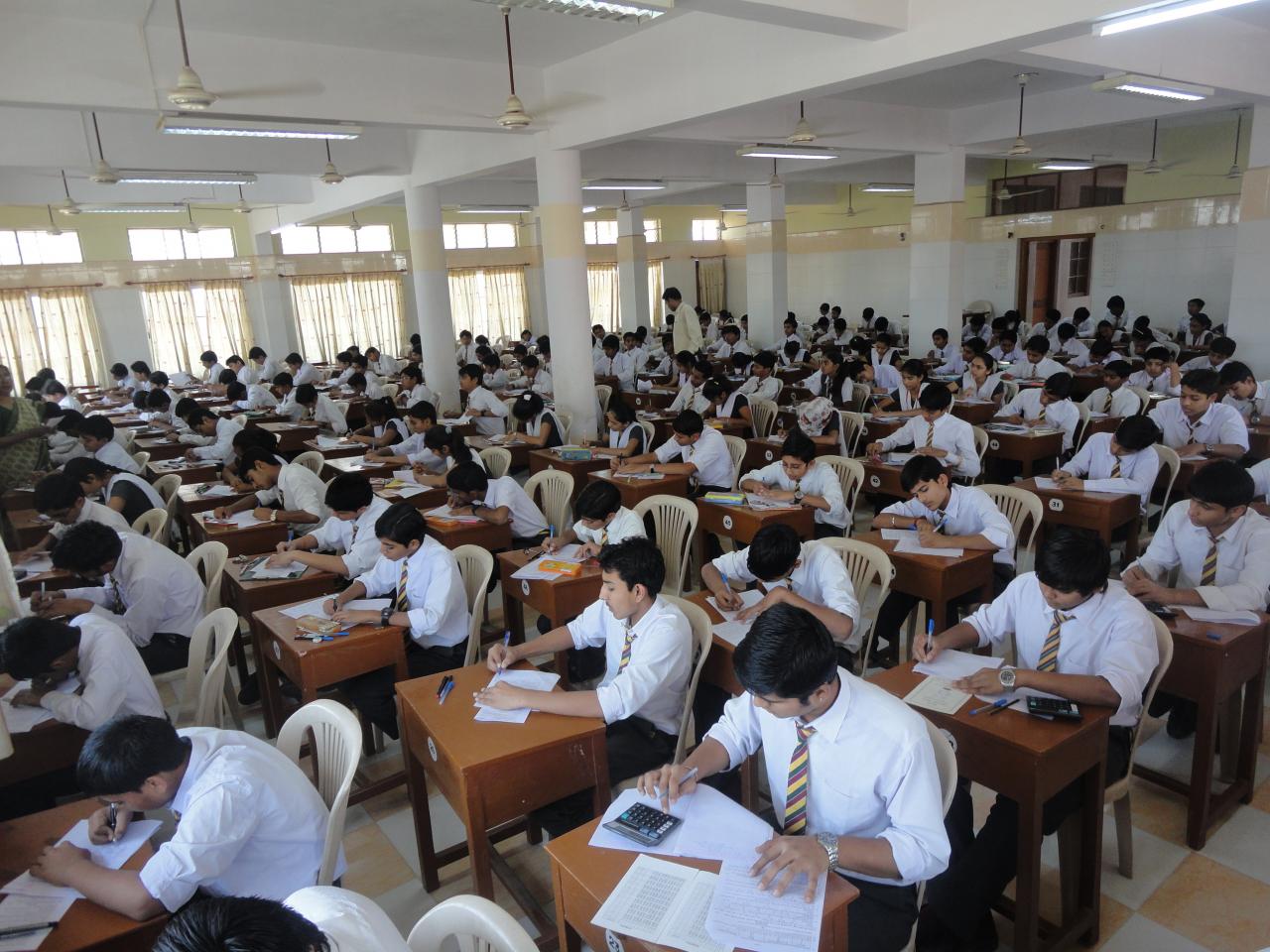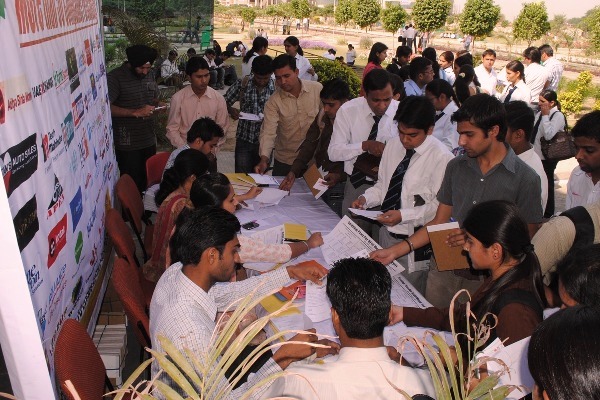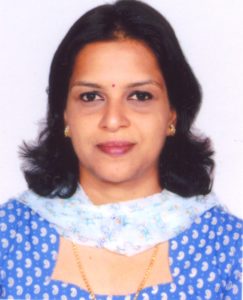The Central Government has received 100 applications for the Ministry of Human Resource Development’s ambitious project of setting up/upgrading 20 world class institutions in India.
“Overwhelming response to the idea of Institutions of Eminence, which will become World Class Universities, is a validation of the vision of Prime Minister Shri Narendra Modi for improving the quality of Higher Education in India”, Union HRD Minister Prakash Javadekar said.
The Government had approved the enabling regulatory architecture for of 10 public and 10 private Institutions of Eminence so as to enable them to reach amongst top 100 of world institutions ranking.
Under public sector, 10 Central Universities, 25 State Universities, six Deemed to be Universities, 20 Institutions of National Importance and six Standalone Institutions have applied. Under Private Sector, 9 Private Universities and 16 Deemed to be Universities have applied in brownfield category and 8 Institutions have applied in greenfield category.
“All lovers of education will welcome this development. This is how World Class Universities were built in various countries. The same thing will happen in India”, Shri Javadekar said, adding that “the selection of Institutions of Eminence will not only improve the quality of education, but also propel competition in the entire education sector,” Javadekar added.
The 20 institutions selected as “Institutions of Eminence” will have freedom to choose their own path to become world class institutions. “They will be provided with greater autonomy to admit up to 30 per cent foreign students, to recruit up to 25 per cent foreign faculty, to offer online courses up to 20 per cent of its programmes, to enter into academic collaboration with top 500 in the world ranking institutions without permission of the UGC,” a senior HRD Ministry official said.




